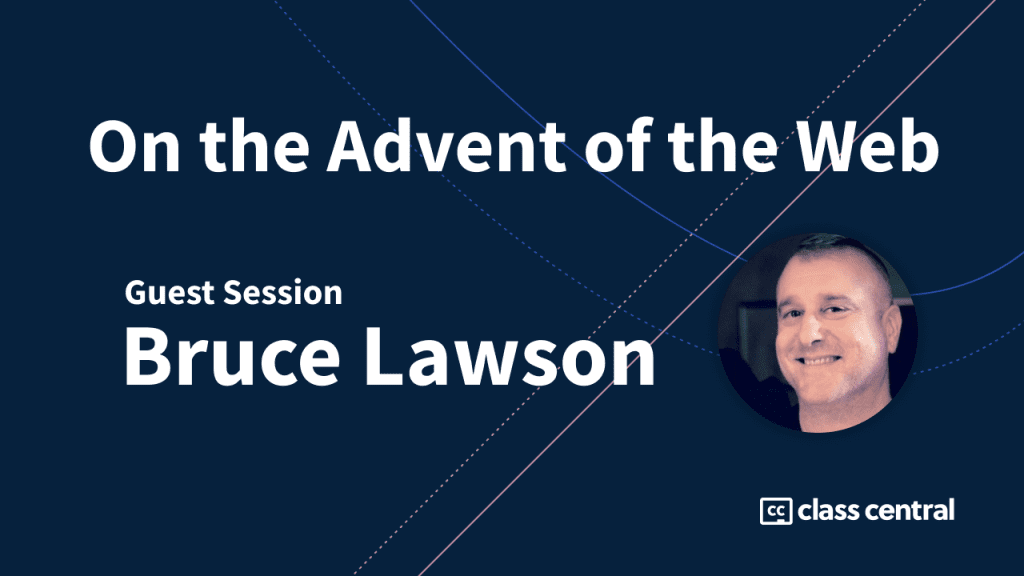“Built-in Beats Bolt-on, Bigly”: Bruce Lawson on Accessible HTML
Bruce Lawson, co-editor the HTML 5.3 spec, talks about the origins of the Web and accessible HTML.
When he was diagnosed with multiple sclerosis, Bruce Lawson was living in Bangkok, where he started a kindergarten and primary school. He says “in southeast asia multiple sclerosis is not very common, and in the 90s they didn’t have access to much English-language information about it“. He went to a web cafe near his apartment and searched “multiple sclerosis”. Being able to do this fascinated him: this medium enabled him to communicate from South East Asia to Europe, and anywhere around the globe really.
After he returned to the UK for treatment, Bruce made a decision: “I decided I was going to work on the web, and my interest in the web is communication”. What pulled Bruce to the Web was that it enabled communication on an unprecedented scale, and with the right developments, it could help people with disabilities feel more included. This was important to him, and he championed this cause by becoming an advocate for accessibility and co-editor of the HTML 5.3 spec.

Bruce explained all this during his talk in the context of Class Central’s Web Development Bootcamp. Bruce joined us to explain to our aspiring web developers how and why Tim Berners-Lee created the Web and HTML, the markup language that underpins the Web.
(We had other guest sessions during the Bootcamp, such as one where Barbara Oakley talked about the neuroscience of learning. I wrote about it here. And more recently, @manoel wrote about Parham Doustdar’s session on inclusive design.)
What is Accessibility?
Simply put, accessibility is the practice of making your websites usable by as many people as possible. Bruce explains that, if a developer doesn’t take into account “everyone” that could use his information, he has already sidestepped the idea that the Internet is built on. It also helps to have compassion and be able to put yourself in other people’s shoes. This video from the World Wide Web Consortium shows the impact accessibility can have on everyone.
“Built-in beats bolt-on, bigly”. It’s one of the main takeaways from Bruce’s talk. He believes that when your fundamentals are strongly built in, you don’t have to compensate by bolting on fixes. HTML is the foundation of the internet. So writing semantic HTML should be a primary goal of any web developer. And knowing this before embarking on a journey to become a developer puts you in the right mindset. Research also shows that making a website accessible benefits everyone using it, including people that don’t have a disability.
A Global Priority
I live in India and know villages where the nearest hospital is hundreds of kilometers away. Unfortunately, this is not an uncommon problem. In villages like these, internet access holds the power to save lives. Web development that doesn’t emphasize accessibility (for instance, in terms of keeping page sizes down) can limit the positive impact the internet can have. Bruce talks about scenarios where access to the internet may have life or death consequences.
One aspect that stands out to me is that the internet provides access to many educational resources. Overpriced textbooks are a big problem. They’re often out of reach of students aspiring to attain a better education or job opportunities. And this effect is magnified in developing countries where access to education is a privilege.
Bruce’s insights on how you can, with the right mindset, do justice to Tim Berner-Lee’s vision of an inclusive web are worth a listen for any aspiring web developer. So I encourage you to watch Bruce’s talk below.







